In times of war, we feel an urge to know who is in the right and who in wrong. Picking sides makes us feel comfortable that we are “on the right side of history”. But we must resist this urge and interrogate our certainties if we are to gain some moral clarity beyond oversimplified good vs evil narratives, argues Matt McManus.
War, repugnant and vicious as it is, continues to have strong hold on people’s thinking. Despite it being declared the constant and even greatest nemesis of our species, we are drawn into its distorting gravitational field. One of the reasons for this obscene attraction is that war provides us with a sense of moral certainty as few other things can. War has the edifying effect of removing so many of the confusions and ambivalences which pervade modern society, as if a fog clears. The kind of faux intellectual moral relativism many carry around as badges of sophistication gives easy way to existence forcing itself upon us, individuals and groups alike. War’s great virtue is that it has the power to stamp us all with a solidity that removes all ambiguity. When we perceive ourselves and our way of life to be under attack, human instinct naturally moves towards its most helpful bifurcations: friend and enemy, or even more basically, them or us. Not coincidentally this yearning for moral certainty crests as our perception of a threat does. This means\the most despised voices in war may very well not be those of the enemy but anyone who introduces the liquid quicksilver of doubt into the ballooning solidity of our commitment war. But what we should be aiming for in times of crises is not moral certainty, but moral clarity-which is not the same thing.
___
Moral certainty is the expression of an emotional and even spiritual need for the conviction that we are right.
___
This human instinct to surrender to war’s distorting power has been in full display during the latest reignition of the decades old conflict between Israel and Hamas. This began in early October when Hamas launched an atrocious attack against civilians, and has continued through the month as the Israeli army besieges and relentlessly bombs Gaza City and other sites overwhelmingly populated by children. In a display as predictable as it is amusing, the war almost immediately brought out many of the cartoonish impulses in Western media. Perhaps the most tragicomic are the endless facile comparisons to 9/11, with a litany of commentators expressing clear nostalgia for the myopic rage and lack of accountability that defined the Bush era. Nietzsche once said “blessed are the forgetful”; and indeed, memory can be a great burden when it imposes a responsibility to recall and learn from our own failures. So it perhaps shouldn’t be a surprise so many of us want to consciously forget the descent into cynicism, farce and tragedy that followed responses to 9/11 by drawing an easy comparison with present events that erases the complexity surrounding both. That this might doom everyone to a repetition of the same militaristic blunders is something to worry about in the future, when it is so much easier to apologize after the fact.
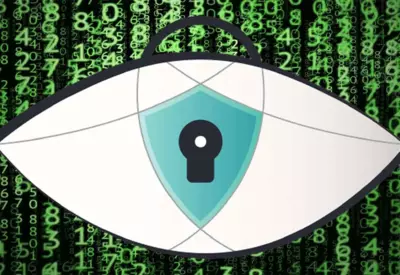 SUGGESTED READING
When morality demands spying
By Cécile Fabre
SUGGESTED READING
When morality demands spying
By Cécile Fabre







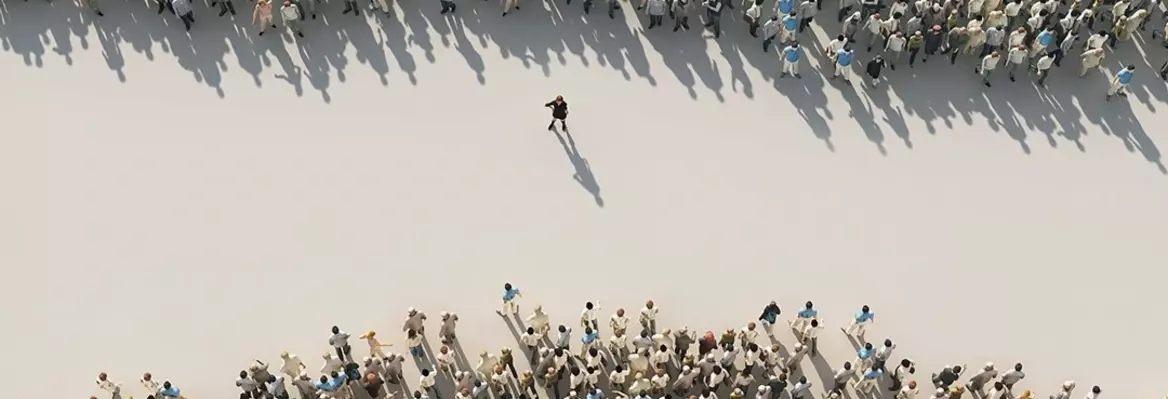



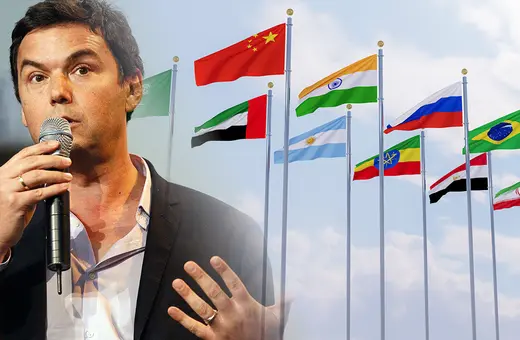
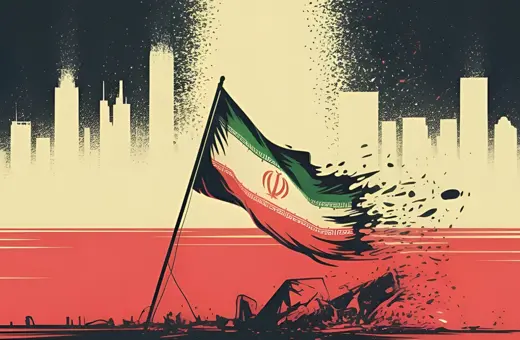
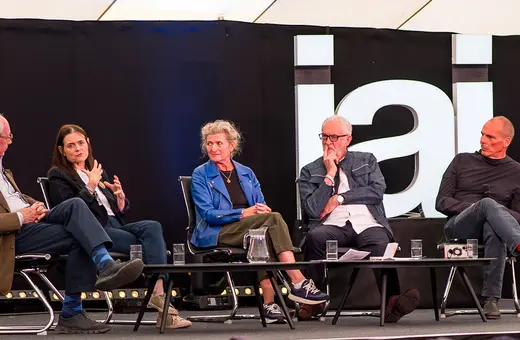
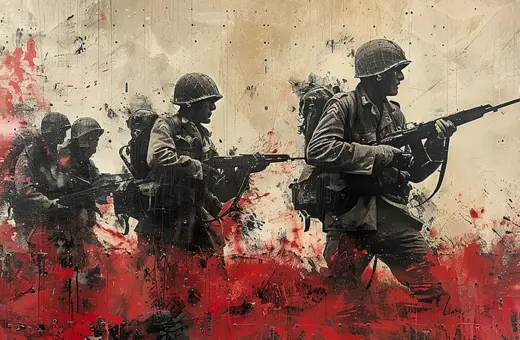






Join the conversation